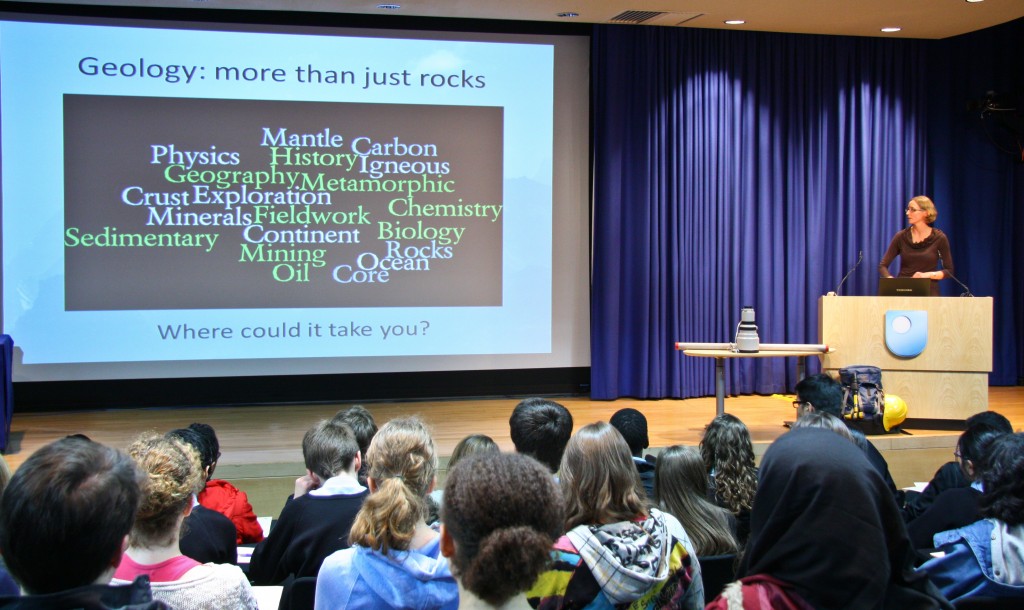Giving public lectures about research
By Robert Lambourne
Despite the many advances in information and communications technology, I would argue that there are still few, if any, ways of learning informally (and formally for that matter) about science that are as effective, stimulating or memorable as a really good public lecture.
Really good public lectures about science are rare, however. There is plenty of research evidence showing the relative ineffectiveness of most lectures, but the sense of ‘event’ that surrounds a lecture by an accomplished speaker is undeniable, and if to that is added fascinating content and good delivery then the whole concoction can be truly unforgettable.
This article is unlikely turn anyone into a great lecturer, but it will provide practical advice, based on personal experience gained from giving public science lectures about physics and astronomy, and from watching others give public lectures over many years. It is my sincere hope that such advice will help would-be public speakers to avoid some of the pitfalls that engender mis-communication between them and their audience.
To read on, select: Giving public lectures about research.
Alternatively, you could have a look at a Case Study that we produced for the National Coordinating Centre for Public Engagement, called Science Matters Lecture Programme.
You can watch Clare’s video, ‘Sweat, mud and leeches’, below.


